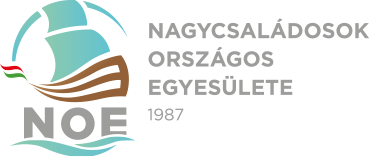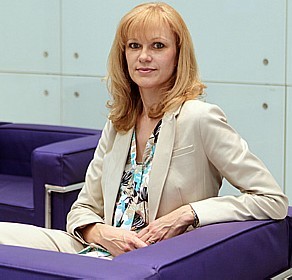Renata Kaczmarska is the Social Affairs Officer and the Focal Point on Family in the Division for Inclusive Social Development in the Department of Economic and Social Affairs (DISD/DESA) at the United Nations Secretariat in New York. In this capacity, she acts as a spokesperson on family issues for the United Nations Secretariat. She prepares publications and drafts UN reports on a variety of subjects relating to families and organizes international and regional expert group meetings on family policy issues, observances of the International Day of Families and other events to raise awareness of the importance of family policies for the achievement of Sustainable Development Goals and targets. She holds a Master of Science Degree in Social Sciences and Bachelor of Arts in Political Science as well as United Nations Studies Graduate Diploma.
Content of the lecture
The preparations for the thirtieth anniversary of the International Year of the Family are led by the Focal Point on the Family in the Division for Inclusive Social Development of the United Nations Department of Economic and Social Affairs, DISD/UNDESA. In line with the overall priorities of the United Nations and DESA’s priorities, the following themes have been chosen to lead the preparations: 2021 – New Technologies, 2022 – Urbanization and Migration, 2023 – Demographic Change, 2024 – Climate Change. Upon consultations with stakeholders on the modalities for preparations, it was acknowledged that responsive policies in support of families affected by technological change, demographic shifts, urbanization and migration as well as climate change were urgently needed if many targets of the 2030 Agenda were to be reached. Systematic review of mega trends noted above and their impact on families are bound to contribute to meaningful preparations for the anniversary. Importantly, these mega trends can be shaped by social policy, in particular family-oriented policies and programmes. It is then vital to analyse the trends, their positive and negative impacts on families in order to design appropriate policies to harness their positive aspects and counteract their negative impacts. Such analysis goes in hand with Sustainable Development Goals and targets and aims to advocate for family-focused interventions to fulfill them. The impact of new technologies on families, in particular on work-family balance and parenting education is the main focus on current work of the Focal Point. The lecture will focus on this topic in some detail indicating relevant Sustainable Development Goals and targets. It will also highlight recent research contained in background paper “Technology use and families: Implications for work-family balance and parenting education” launched at the 2021 United Nations observance of the International Day of Families, 15 May.

